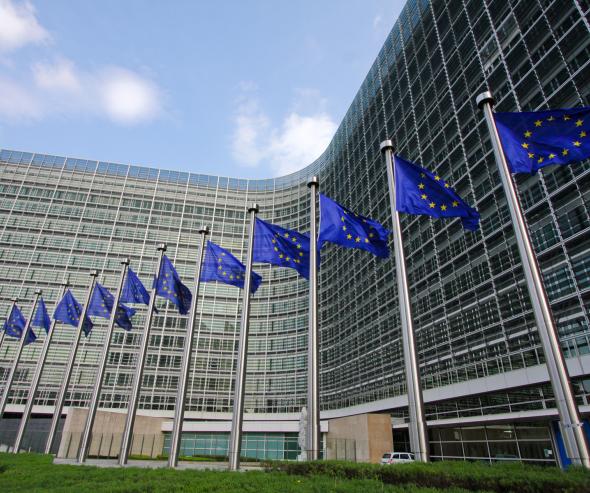29 September 2006: Meeting of competition authorities in Brussels

Towards a harmonised and streamlined leniency policy throughout the EU
As part of the European Competition Network (ECN), the European Competition authorities agreed today to adopt a Model Leniency Programme (1). The aim of the Model Programme is to facilitate the handling of parallel leniency applications in the EU.
The Model Leniency Programme was developed by a working group, co-chaired by the French Conseil de la concurrence (Competition Council) and the Uk's Office of Fair Trading, which has received the ECN experts for over a year.
Why a leniency programme ?
As part of the regime of parallel competences currently in force between the Commission and competition authorities, a leniency application sent to one competition authority is valid only for this given authority and is not binding upon other authorities likely to handle the case. Undertakings thus have an interest in applying for leniency with all the authorities likely to investigate the offence.
Under these conditions, the aim of the Model Leniency Programme is to avoid that the discrepancies existing in the ECN leniency programmes dissuade undertakings, which could apply for leniency.
The undertaking applying for leniency will therefore get equal treatment from any authority, member of ECN, once all the programmes are aligned with the Model. However the ECN Model Programme does not prevent any competition authority to adopt a more favourable approach towards undertakings, which apply for leniency as part of its own programme.
Beyond the gradual harmonisation, the ECN Model Programme also aims at reducing the burden represented by the need, for undertakings and authorities, to handle multiple filings, in cases where the Commission is particularly well placed to handle the case via a uniform system of summary applications.
What will be the future developments ?
The heads of the ECN competition authorities, which are gathered today in Brussels have committed themselves to take all possible steps, within the limit of their competences, to align their respective leniency programmes with the ECN Model Programme. ECN members have also committed themselves to assess the convergence of leniency programmes by the year 2008.
As regards the French leniency programme, the details of which were published by the Conseil de la concurrence in its Procedural Notice of 11th April 2006 (available on the website: /user/standard.php?id_rub=188&id_article=562) is already largely in accordance with the ECN Model Programme. However, The Conseil de la concurrence commits itself to amend rapidly its leniency programme in order to ensure the convergence with the ECN Model Programme.
Complementary information :
The Model Programme accompanied with explanatory notes, translated in the EU official languages is available at the following address: http://ec.europa.eu/comm/competition/ecn/model_leniency_fr.pdf
Besides, the European Commission has also published FAQ on the matter : http://ec.europa.eu/comm/competition/ecn/model_leniency_memo.pdf
(1) Leniency programmes allow companies to avoid penalties in exchange for denouncing a cartel in which they participated and, which competition auhtorities were not previously informed of. This procedure has been applied in France since 2001, as in other European countries.
